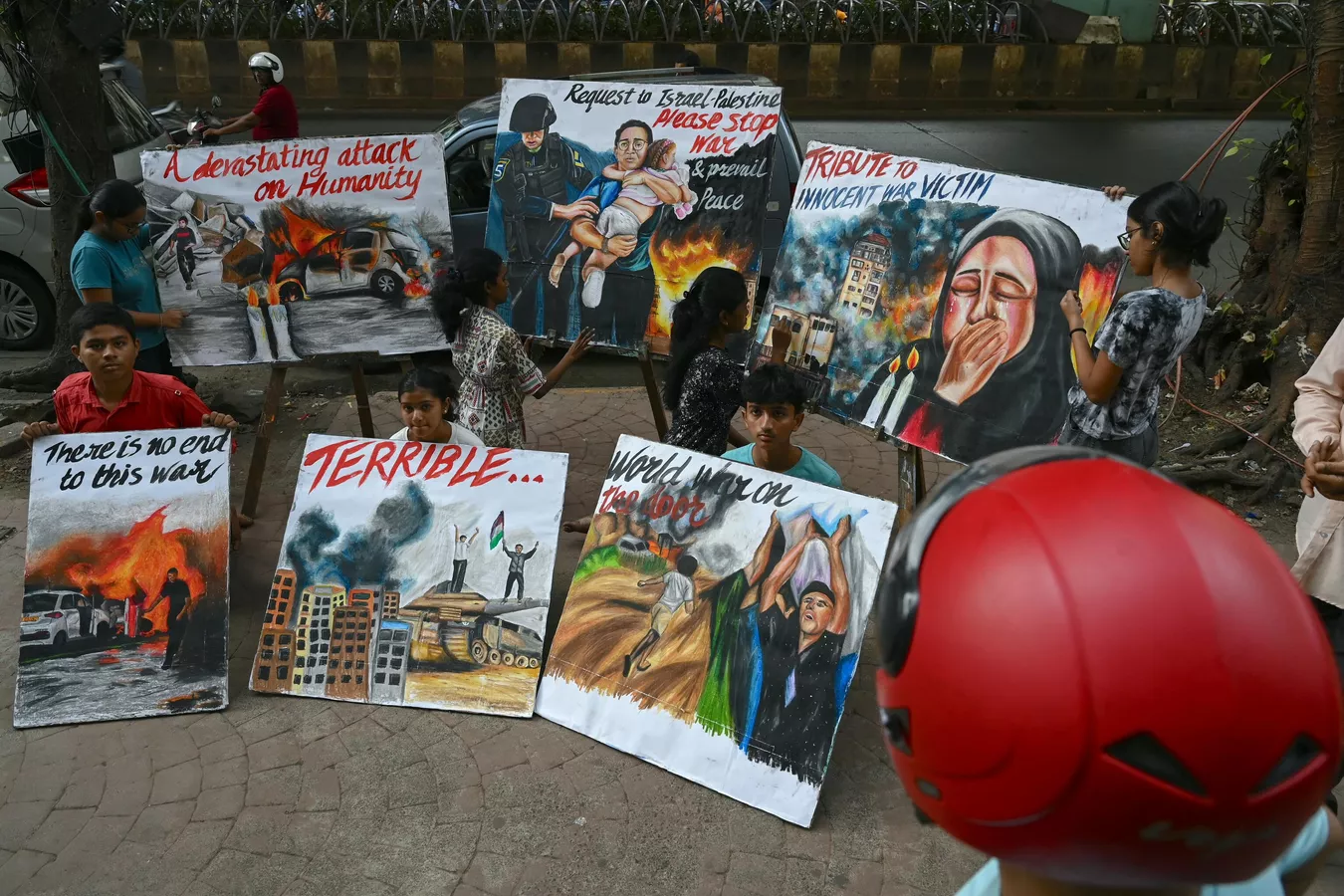The war between Israel and Palestine has been a topic of conversation amongst people in recent times. The conflict has raged on for decades, and it seems like there is no end in sight. But what are the psychological factors that contribute to this conflict?
Introduction
Historical Context
The conflict traces back to the late 19th century, with competing nationalistic aspirations of Jews and Arabs in the region. Key events include the establishment of Israel in 1948, the subsequent Arab-Israeli wars, and the occupation of Palestinian territories by Israel in 1967.
Psycho-Social Underpinnings
1) Trauma and Resilience:
- Both Israelis and Palestinians have experienced trauma—loss of loved ones, displacement, and violence. This shared trauma shapes their collective memory and influences their coping mechanisms.
- Resilience emerges as individuals and communities adapt to adversity, finding ways to survive and maintain hope.
2) Identity and Belonging:
- Identity plays a pivotal role. Israelis identify with their historical ties to the land, while Palestinians assert their right to self-determination.
- The struggle for belonging fuels emotions of pride, fear, and territorial attachment.
3) Cognitive Biases and Perception:
- Confirmation bias leads people to interpret events in ways that align with their existing beliefs. Israelis and Palestinians often perceive the same incidents differently.
- The "us vs. them" mentality perpetuates hostility and mistrust.
One of the key psychological factors that contribute to the Israel-Palestine conflict is dehumanization. Both sides of the conflict often view the other side as less than human, which makes it easier to justify violence against them. This dehumanization is usually based on stereotypes and prejudices, and it can be worsened by propaganda and misinformation.
Another important psychological factor is fear. Both Israelis and Palestinians live in fear of violence and terrorism from the other side. This fear can lead to hatred, anger, and a desire for revenge. It can also make it difficult for people to see the other side's perspective and to work towards a peaceful resolution.
Certainly, let's delve into the psychological impact of the Israeli-Palestinian conflict on innocent civilians, particularly children who bear the brunt of this enduring struggle. The effects of war on some innocent people are
1) Trauma and Desolation:
- Palestinian children in the Gaza Strip have grown up amidst violence, poverty, and a partial Israeli blockade. Their lives are marked by fear, loss, and uncertainty.
- Research indicates that 95% of these children exhibit symptoms of anxiety, depression, and trauma.
2) Disrupted Childhoods:
- Childhood innocence is shattered as young ones are forced into caregiving roles. A 14-year-old girl who lost her home and family during an Israeli raid now cares for her four-year-old sister.
3) Hopelessness and Uncertainty:
- The Gaza Strip, with its high population density and limited resources, offers little respite. Children face daily hardships, witnessing destruction and displacement.
- The absence of a stable future breeds despair, impacting their mental well-being.
- Personal trauma affects nearly 90% of Palestinian children and adolescents in Gaza. They have either experienced it firsthand or witnessed it happening to others.
- Childhood trauma leaves lasting imprints. Even into their teens, these survivors carry the weight of their experiences.
In geopolitical complexities, let us remember that behind every statistic lies a child—a soul scarred by conflict, yearning for peace and normalcy.
Conclusion
The Israeli-Palestinian conflict is not merely a geopolitical struggle; it is deeply embedded in the hearts and minds of those affected. As we seek solutions, let us recognize the shared humanity that binds us all and work toward a future where peace prevails over conflict.
Understanding conflict's psychological dimensions is crucial for fostering peace and healing.

Comments
Post a Comment